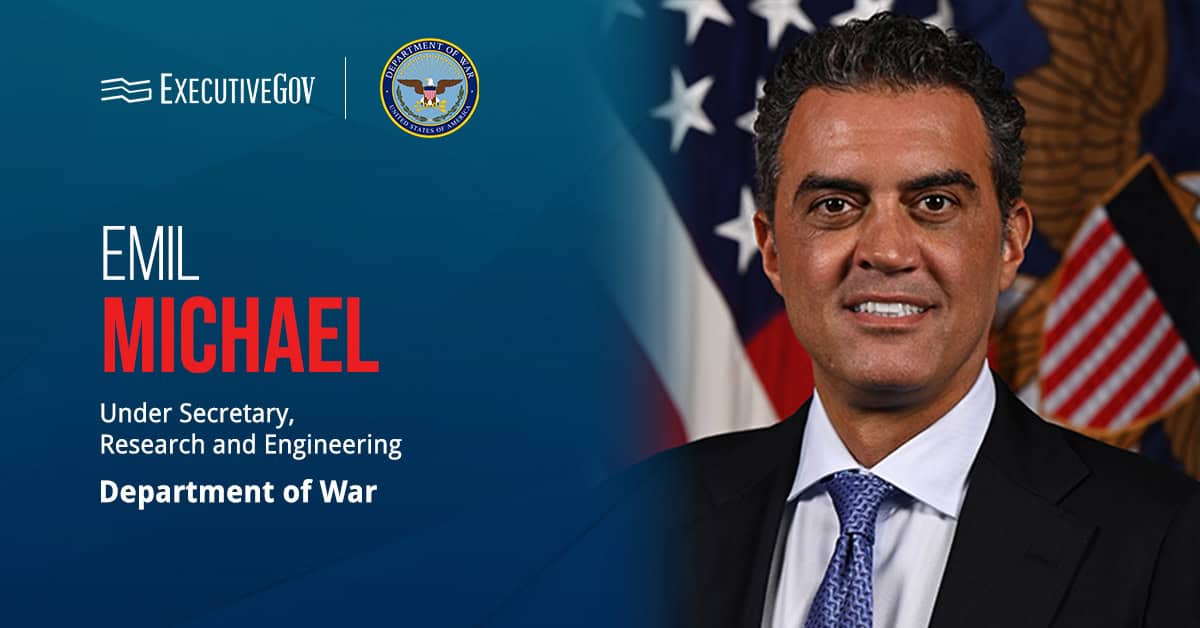The National Institutes of Health (NIH) has unveiled a $58 million funding opportunity to drive data science and health research activities in Africa under a five-year effort.
NIH said Monday that it aims to develop approaches that could address Africa's clinical and public health gaps through the Harnessing Data Science for Health Discovery and Innovation in Africa program.
The initiative seeks to foster partnerships across various sectors and conduct collaborative efforts with computer scientists, engineers, biomedical researchers, clinicians and data specialists. Academic and non-profit organizations in Africa are encouraged to submit proposals for the effort.
Projects under DS-I Africa are scheduled to begin in September 2021. NIH will host a virtual symposium from July through November 2020 to explain the program's details and discuss the state of data science in Africa.





